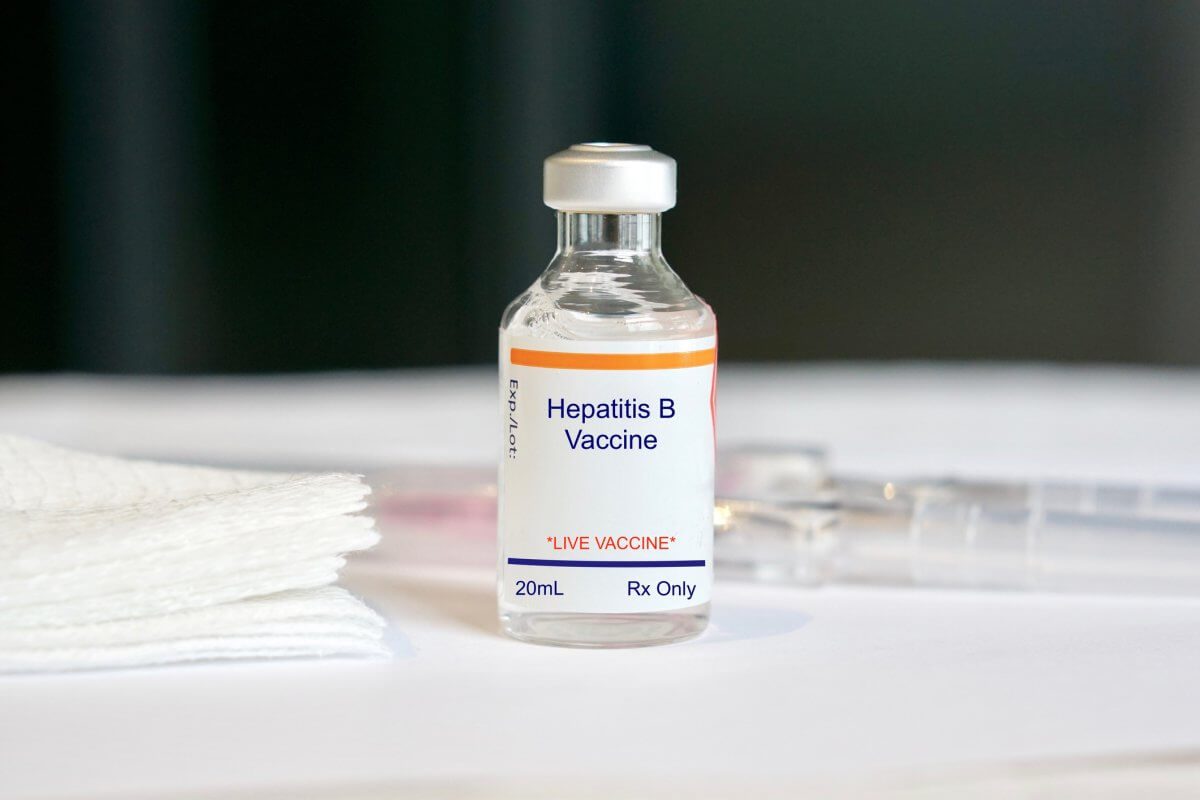Approximately 5-15% of healthy adults don’t develop detectable immunity after completing the hepatitis B vaccination series, yet many successfully become surrogates.
Being a hep B vaccine non-responder doesn’t automatically disqualify you from surrogacy—it simply means you’ll need to explore alternative pathways and work with agencies and clinics that understand this medical situation.
Reach out today to learn more about how you can qualify to be a surrogate.
We’re here to help you understand your options, navigate medical requirements, and connect you with fertility clinics experienced in working with vaccine non-responders.
Can I Be a Surrogate if I Have No Immunity to Hep B after Vaccination?
Yes. Having no detectable immunity to hepatitis B doesn’t automatically end your surrogacy journey.
Many prospective surrogates discover they lack immunity after vaccination, yet still qualify for surrogacy programs through alternative pathways.
Having no detectable immunity to hepatitis B is fundamentally different from having an active hepatitis B infection. You can still qualify for surrogacy when your hepatitis B surface antigen (HBsAg) test is negative, meaning no active infection exists.
Learn more about the health requirements to be a surrogate.
Medical Reasons Behind Hepatitis B Vaccine Non-Response
Understanding why some people have no immunity to hep B after vaccination can help you feel more confident about your situation and explore potential solutions with your medical team.
Primary medical reasons for non-response:
- Genetic factors: Some people have genetic variations affecting immune response to hepatitis B vaccines
- Individual immune system variations: Different people process and remember vaccines differently
- HLA (Human Leukocyte Antigen) variations: Specific genetic markers that can predict vaccine response
Protocol and administration issues:
- Incomplete vaccine series: Missing doses or not completing the full three-shot series
- Improper vaccine administration: Incorrect location, needle depth, or technique
- Storage problems: Vaccines not properly stored may lose effectiveness
- Concurrent medications: Certain drugs can interfere with vaccine response
Important Reassurance: Being a hep B vaccine non-responder doesn’t indicate serious health problems or increased risk of other infections.
Interpreting Hepatitis B Immunity Test Results
Test results for hepatitis B immunity can be confusing. Understanding what different results mean for your surrogacy eligibility is vital.
Testing protocols can vary between facilities, so always consult with a medical professional to interpret your specific results.
Key Tests and Their Meanings:
Anti-HBs (Hepatitis B Surface Antibodies):
- Positive (≥10 mIU/mL): Indicates immunity from vaccination or recovery from infection
- Negative (<10 mIU/mL): Shows no detectable immunity to hepatitis B
This test identifies whether you have no immunity to hep B after vaccination
HBsAg (Hepatitis B Surface Antigen):
- Negative: No active infection present (essential for surrogacy qualification)
- Positive: Active hepatitis B infection (would disqualify you from surrogacy)
Anti-HBc (Hepatitis B Core Antibodies):
- Negative: No previous exposure to hepatitis B
- Positive: May indicate past infection or vaccination response patterns requiring evaluation
Common Test Result Scenarios:
Scenario 1 – Typical Non-Responder Pattern:
- Anti-HBs: Negative
- HBsAg: Negative
- Anti-HBc: Negative
Translation: Not immune but no active infection – most amenable to surrogacy workarounds
Scenario 2 – Past Exposure with Lost Immunity:
- Anti-HBs: Negative
- HBsAg: Negative
- Anti-HBc: Positive
Translation: May have had past exposure but lost detectable immunity – requires medical evaluation
Critical Distinction: A negative hep B antibody test doesn’t mean you have hepatitis B—it means you don’t have detectable immunity. This is a vital distinction many people misunderstand when evaluating surrogacy eligibility.
Alternative Pathways for Hep B Vaccine Non-Responders
If standard protocols don’t accommodate your situation, several alternative approaches may still lead to surrogacy qualification for those with no immunity to hep B after vaccination.
- Additional booster shots may stimulate immunity in people who didn’t respond initially
- Higher-dose vaccines sometimes work for those who didn’t respond to standard doses
- Alternative vaccine formulations may be more effective for certain individuals
If after these changes you are still non-responsive to the vaccine, you and the intended parents may have the opportunity to sign a waiver acknowledging the results.
Many surrogates with no immunity to hep B after vaccination have successfully carried pregnancies by finding flexible clinics and maintaining excellent communication throughout the process.
Surrogacy Agency Approaches to Hepatitis B Immunity Requirements
Different surrogacy agencies and fertility clinics have varying approaches to handling candidates with no immunity to hep B after vaccination.
Most surrogacy programs require a negative hepatitis B surface antigen (HBsAg) test, confirming no active infection exists.
However, the critical distinction between having no immunity and having an active infection allows many agencies to work with vaccine non-responders.
Agencies typically look for medical honesty about vaccination history and test results. Required documentation usually includes vaccination records, recent hepatitis B panel results, and a letter from your healthcare provider. Some may require consultation with an infectious disease specialist.
Learn more about what you can expect from the surrogate screening process.
Working with American Surrogacy: Specialized Support for Medical Complexities
Navigating surrogacy qualification with no immunity to hepatitis B after vaccination requires an agency with experience and commitment to finding solutions. Here’s how we do it:
- Our personalized screening process: We analyze your medical history to understand vaccination timeline and response patterns.
- Transparency with the intended parents: We educate prospective parents about your medical situation and facilitate honest discussions about actual versus perceived risks.
Our communication support helps explain your situation to intended parents, while our documentation assistance helps present medical information effectively.
Moving Forward: Your Surrogacy Options with Hepatitis B Vaccine Non-Response
Many women in your exact situation have successfully become surrogates by working with the right medical teams and agencies. With proper precautions, you can safely participate in surrogacy.
Ready to explore your surrogacy options despite having no immunity to hep B after vaccination? Fill out our form to discuss your specific situation and learn about available pathways forward.
